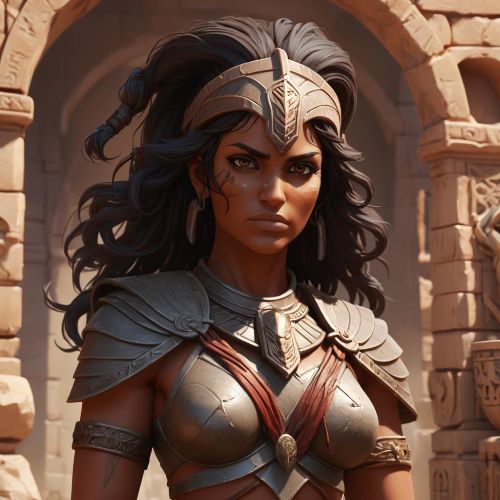Phoenician Mythology
Unveiling the enigmatic world of Phoenician mythology, a vibrant tapestry woven with creation myths, tales of love and war, and profound reflections on death, offers a glimpse into the soul of this ancient maritime civilization. Flourishing along the eastern coast of the Mediterranean Sea for over a millennium, the Phoenicians, renowned for their seafaring prowess and cultural exchange, developed a rich and multifaceted pantheon that reflected their diverse cultural influences and emphasis on trade.
At the heart of the Phoenician cosmos resided El, the father god, a powerful yet distant deity associated with creation and the maintenance of cosmic order. Often depicted as a wise old man, El was believed to be the progenitor of a vast pantheon, including Baal, the storm god and god of fertility. Baal, a dynamic and complex figure, embodied the vital forces of nature, his battles against the sea god Yamm representing the eternal struggle between order and chaos. Astarte, the multifaceted goddess of love, fertility, and warfare, was another prominent figure. Often portrayed as a beautiful woman adorned with stars and moons, Astarte symbolized both the destructive and nurturing aspects of the natural world. Her worship resonated deeply with the Phoenicians, particularly women, who saw her as a protector and source of strength.
The Phoenician pantheon housed a multitude of other deities, each with their own distinct domains and spheres of influence. Melqart, the god of Tyre, associated with trade and colonization, reflected the Phoenicians’ emphasis on commerce. Resheph, the god of fire and war, was another important deity, particularly in times of conflict. Lesser gods and goddesses, local spirits, and even deified ancestors populated the Phoenician world, each playing a role in the grand narrative of existence.
Mythology served as a powerful tool for the Phoenicians. It explained the natural world, legitimized political power, and provided solace in the face of death. Stories like the myth of Adonis, a young god of fertility who died and was reborn each year, reflected the cyclical nature of life and death. Rituals and offerings within grand temples were believed to appease the deities and secure their favor, ensuring prosperity and protection for the Phoenician people. By studying Phoenician mythology, we gain a deeper understanding of this fascinating civilization. Their stories offer insights into their social structures, cultural values, and anxieties about the afterlife. The legacy of Phoenician mythology continues to influence our understanding of the development of ancient Mediterranean religion, reminding us of the enduring human search for meaning and the power of storytelling to bridge cultures and time.

